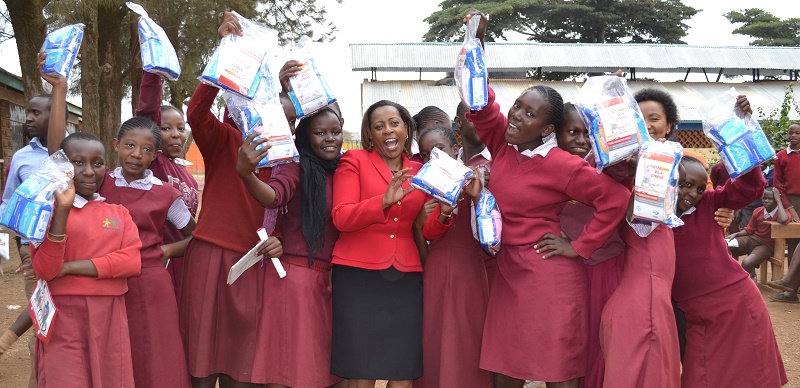Commemorating the World Humanitarian Day 2025, the Federal Government of Nigeria, the UN system and humanitarian partners have called for the protection of humanitarian workers and civilians across the globe, as well as women and girls.
In a joint communique issued by the Ministry of Humanitarian Affairs and Poverty Reduction and the United Nations Humanitarian Coordinator on Tuesday, August 19, 2025, the duo wants international humanitarian law upheld, and protection provided to all those affected by conflict and disaster, while describing women and girls as being among the most vulnerable and most profoundly affected.

“This year’s World Humanitarian Day comes at a time when global solidarity with people in humanitarian need is at its lowest ebb. International humanitarian financing is collapsing. Many of the most vulnerable people have little or no support. In Nigeria, humanitarian needs are increasing, with food insecurity and malnutrition an unfolding disaster. Pipelines for food and nutrition that are lifelines for millions of people, especially children under the age of five, are severely disrupted, if not completely depleted,” stated the communique, which was endorsed by Yusuf Sununu, the Minister of State for Humanitarian Affairs and Poverty Reduction, and Mohamed Fall, UN Resident and Humanitarian Coordinator.
While lamenting that millions of children are at risk of life threatening severe acute malnutrition (SAM), they estimated that some 31 million people are food security insecure, over 10 million children under five are acutely malnourished, while 3.5 million are severely malnourished – 2.5 million of these in six states.
“Urgent action is needed for about 400,000 SAM children, whose lives are in the balance if there is no immediate action to reverse the situation and save their lives,” the communique stated.
It added: “Globally, the humanitarian community is faced with unprecedented challenges. International humanitarian law is treated with disdain. Multilateralism has been replaced with short-term self-interest. And humanitarianism is under attack. The reform of the humanitarian system is urgently needed, building on the lessons learned over the last six decades, and the incredible know-how and experience of humanitarian partners, local and international.
“In Nigeria, humanitarian operations must become more efficient, accountable and transparent. They must be led by the Government and implemented by local partners, to the extent possible, and funded through local resources supported by the international community.”
Towards this end, the humanitarian community in Nigeria disclosed that it commits to:
- Fully supporting humanitarian response and action under the leadership of the Government of Nigeria; coordinated with guidance by the Government of Nigeria.
- Work with the Government to ensure a transition from an internationally supported humanitarian operation to locally led action by the end of the transition period.
- Ensure a transition from the direct delivery of humanitarian aid to an enabling role for local actors, preserving core functions, such as humanitarian diplomacy, coordination, protection, and upholding humanitarian principles
